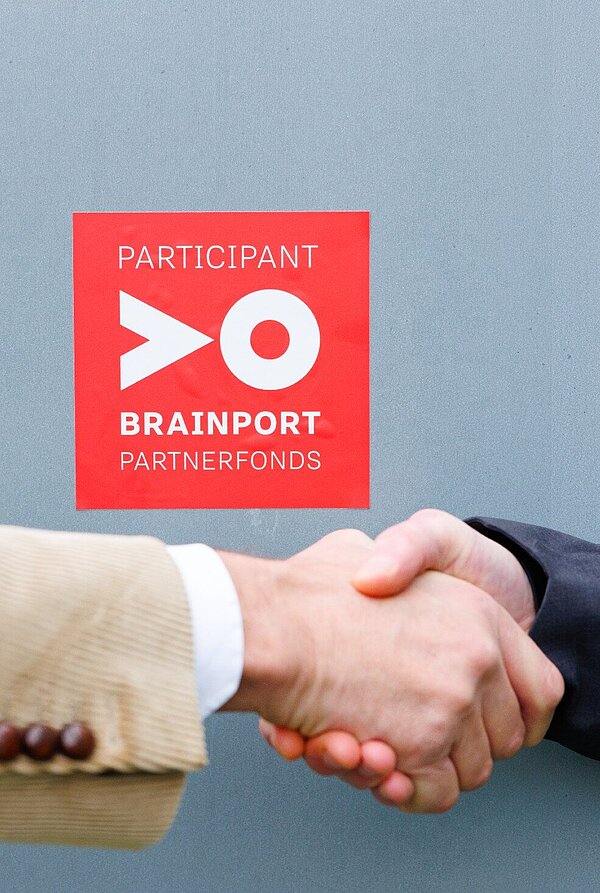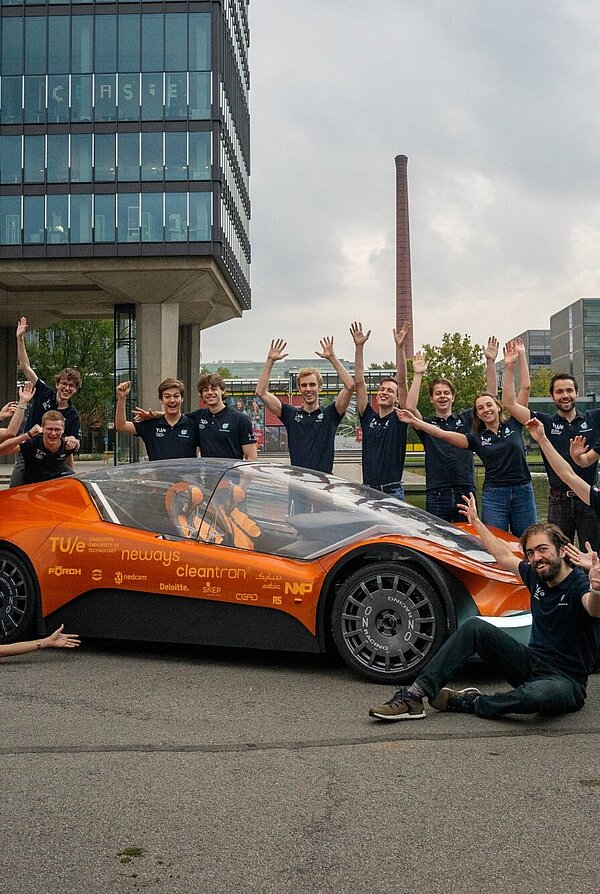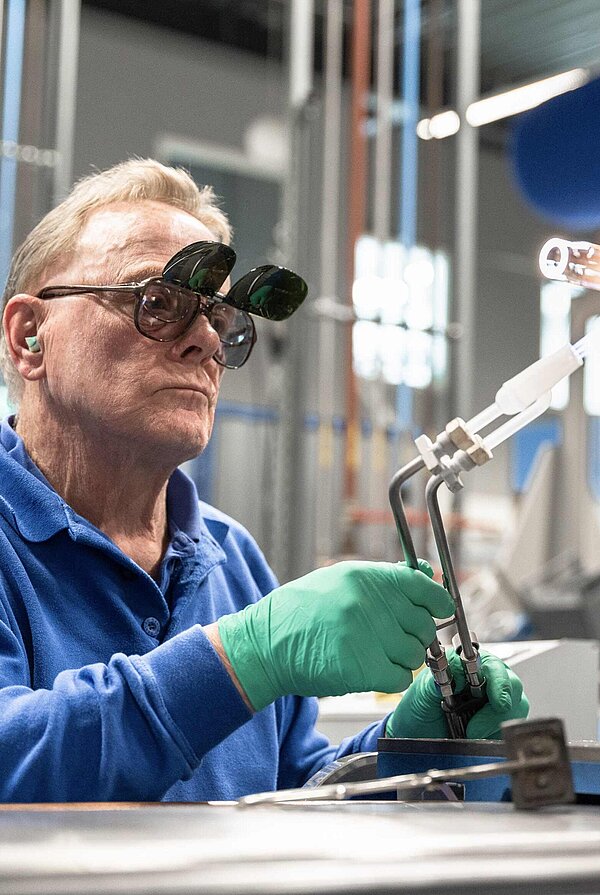Voor leerkrachten
Met het wachtwoord verkregen door Brainport Eindhoven kunnen leerkrachten extra informatie vinden en bestanden oploaden voor hun Challenge inzending.
Share the language of our home! From Hello naar Houdoe.
The partnership PSV and Brainport Eindhoven invites everyone to speak Dutch, connect with others, and share the language of our region together.
Read more about this campaign
Brainport Partnerfonds
The Brainport Partner Fund unites businesses to invest in accessibility, affordable housing, technical talent, a strong labour market, and social cohesion. These efforts ensure sustainable growth and a balanced future of prosperity and well-being.
Read more about Brainport Partnerfonds
Brainport Eindhoven
Brainport Eindhoven is a leading technology region where innovation contributes to societal challenges such as energy, mobility and health. With 21 municipalities and 800,000 inhabitants, it is small in size but with a big, global impact.
Read more about Brainport Eindhoven
Innovations for solving social issues
Thanks to our unique high-tech competences and the strong cooperation between industry, educational and knowledge institutions and governments, Brainport Eindhoven has become a core economic region. Together, we realise innovations for the social issues of today and tomorrow.
Read more about Brainport for Innovation
Brainport for SMEs
Innovatiehuis de Peel, Kempisch Ondernemers Platform, WTC Eindhoven Brainport and Brainport Development are joining forces to help SMEs further. Together they form 'Brainport for SMEs': the one-stop shop for questions about growth, personnel, sustainability and digitalisation.
Read more about Brainport for SMEs
Brainport for Education
The Brainport region is fully committed to educational innovation to prepare pupils and students for a future full of technology and internationalisation. Discover inspiring activities, tools and collaborations on the platform where education and industry join forces.
Read more about Brainport voor Onderwijs
Business contributes to opportunity equality in the region
Equal opportunities for all. That is the goal of Brainport for Each Other. Our association of social employers connects companies, social organisations, municipalities and education. We join forces and work together on social issues in the region.
Read more about Brainport for Each Other
Joint agenda and implementation
Based on a joint agenda, companies, educational and knowledge institutions and governments in Brainport work intensively together to strengthen the region. Maintaining a good balance between technology, talent and living and working environment is the starting point.
Read more about Strategy & Organisation
Take fun seriously!
The Brainport region offers plenty of opportunities and possibilities, for everyone. And when you do something you enjoy, you automatically make use of your talents.
Read more about this public campaign
Latest news
Upcoming events
Watch and listen
Stay tuned!
Together, we work on a variety of topics here. Join us, subscribe and stay informed about developments and relevant events.
SubscribeVisit us
Strijp-T, building TQ5, entrance 6, 3rd floor
Achtseweg Zuid 159H
5651 GW Eindhoven